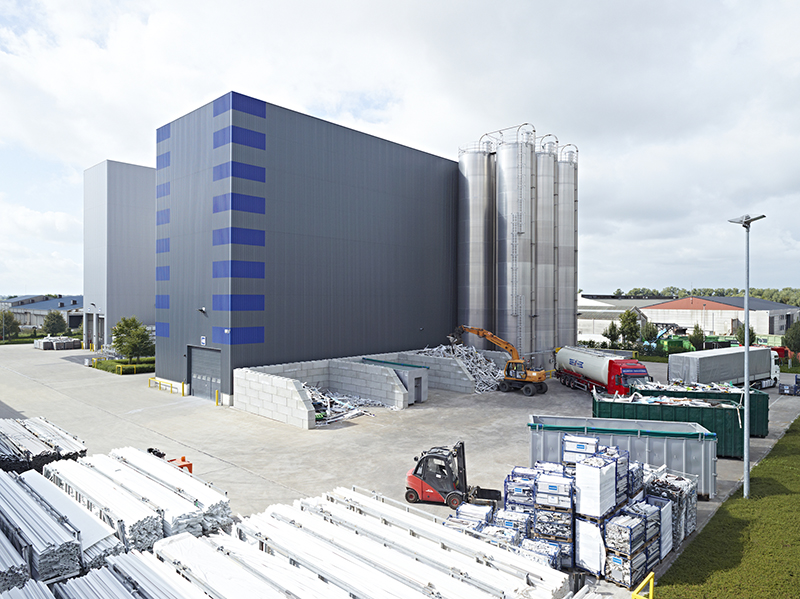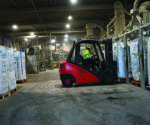Deceuninck has cut CO2 emissions from its operations by 21%
Deceuninck has cut CO2 emissions from its operations down from 673,095 tonnes in 2021 to 530,836 tCO2e last year – a drop of 21%. At the forefront of innovation in sustainable PVC-U window and door systems technologies, this puts Deceuninck significantly ahead of its 2022 target. Made through the Science Based Targets carbon reduction scheme, it sits as part of Deceuninck’s pledge to cut CO2 emissions by 60% by 2030 from a 2021 baseline.
Rob McGlennon, Managing Director Deceuninck, said: “We have a long way to go, but the progress that we have made in lowering the carbon footprint of our operations is impressive. It’s a direct benefit to our customers, because it makes the product that they sell greener, and more sustainable, giving them a distinct commercial advantage. We’ve done the research – we know sustainability directly influences homeowner purchasing decisions. We’re giving our customers the hard facts to demonstrate to end-users how what we’re doing lowers our own and their environmental impact.”
Deceuninck signed-up to the corporate carbon reduction scheme, Science Based Targets (SBTi), last year. It commits companies to demonstrating a tangible and measurable reduction in carbon emissions.
Deceuninck, which last year claimed the G-Awards Sustainability Award, has lowered emissions through a combination of initiatives, including dual strategy of lowering usage and sourcing energy from renewable resources.
These accounted for 17.7% of energy used last year compared to 15% in 2021, contributing to a total 35% saving in CO2 from energy usage.
Deceuninck also increased use of recycled materials, lowering CO2 in raw materials by 23%. This was delivered in part through increased rates of recycling at its multi-million-pound recycling facility which has the capacity to reprocess up to 45,000 tonnes of post-consumer and post-manufacturing PVC-U per year.
This gives Deceuninck a capacity in real terms to prevent more than three million windows from going to landfill annually.
Rob continued: “A 21% reduction in CO2 gives us an answer to the question that every one of us is going to be asked, which is ‘what are you doing to lower your carbon footprint?’ We know we have more to do, but it is a foundation for the future and something which we are committed to building on. It is also a foundation for our customers own sustainability stories and we are committed to supporting them in telling them.”
Deceuninck launched its Energy Calculator in the spring. It’s been designed to generate retail leads by helping installers to demonstrate the energy savings that new windows and doors deliver.
It’s followed this with this autumn’s launch of the new Deceuninck Carbon Calculator. This makes it easy for fabricators and installers to work out their carbon footprint using the operational data that they already hold and includes tools to help them lower it.
Deceuninck has also created of an extensive bank of marketing materials to help fabricators and installers to tell that story.
With distinct positioning for b2b and b2c audiences this includes positional statements; sustainability brochures; plug-and-play website content; presenter packs; social media decks; through to showroom stands and door-drop leave behinds.
“The aim is to make it easy for fabricators and installers to realise the commercial advantages that sustainability delivers, to encourage them to embark on their own sustainability journeys”, Rob concluded.












